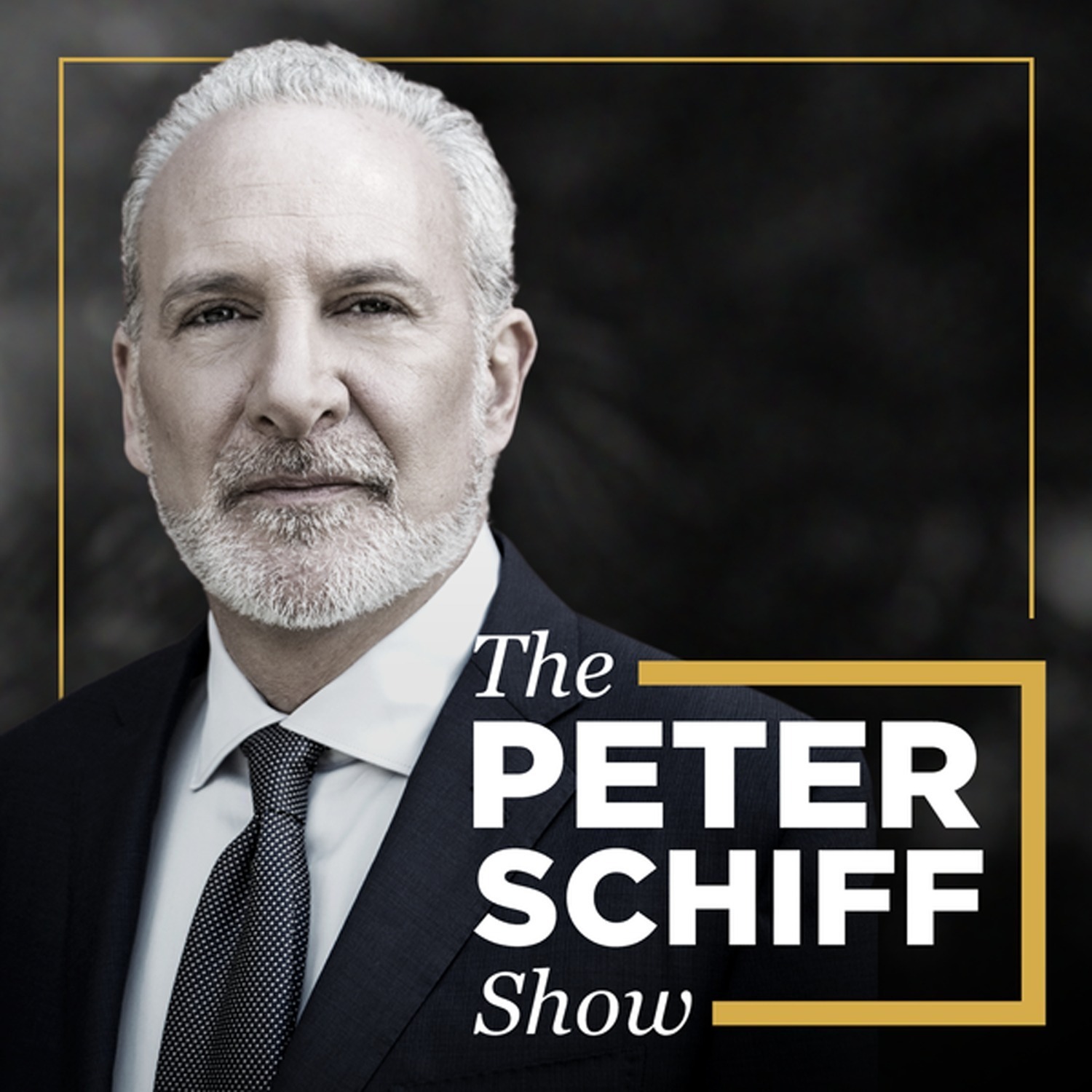Goodbye Fed Credibility, Hello Stagflation Ep. 168

\n\t* Another volatile day in the stock market sees the major averages deep in the red
\n\t* The Dow was down just over 1%; down 180 points, 17,529
\n\t* The NASDAQ actually got walloped a little more; down just shy of 60 points, 1.25%
\n\t* I think the catalyst for today's declines was a couple of Fed officials talking about how June is a live meeting - live from the perspective of, "We might raise interest rates"
\n\t* I don't think it's live at all, I think it's dead, and if it were alive, the stock market decline would kill it
\n\t* If Wall Street actually believes that the Fed is serious about raising rates in June, the market would be tanking
\n\t* In fact, if more people believed it, the market would be down more than 180 points today
\n\t* As we got closer and closer to the date that the Fed was theoretically going to raise rates, the market would be so low, that any talk of a rate hike would be dead, because the Fed would be dealing with tighter financial conditions
\n\t* The Fed doesn't want to tighten monetary policy with financial conditions are tightening on their own
\n\t* It's interesting, too, that you hear people asking, "Why does the Fed have a June rate hike on the table"? I keep hearing about the economy strengthening
\n\t* The economy is not strengthening! That's just the point, the economy is weakening
\n\t* Yes we did get a little data in the last few days that was better than expected, buy we also got data that was worse than expected
\n\t* Most of the financial data that has come out since the last time the Fed hiked rates has been bad
\n\t* If the Fed is talking about raising rates, it's not because the economy is getting stronger, it is despite the fact that the economy is getting weaker
\n\t* What is getting stronger is inflation
\n\t* The problem is, even though inflation is above the Fed's so-called 2% target, I don't think this raises the probability of a rate hike
\n\t* If anything, the increase in prices will slow down the economy even more
\n\t* We actually got some official inflation data today, we got the April CPI
\n\t* The consensus was for a move +.3, following the prior month's +.1
\n\t* We got a bigger jump than was expected - we got +.4
\n\t* The year-over-year headline number - not the core number - is now 1.1
\n\t* So the year-over-year is below 2% but if you annualize that .4 for the next 11 months that would be a 6% annualized rate of CPI-based inflation
\n\t* I read articles about the jump in the CPI and the jist was that this is good news, because the Fed is making progress on its policy goal of price stability -
\n\t* If you think about how ridiculous that comment is:
\n\t* We had a big spike in consumer prices, which if you annualize the rate of increase that's 6% increase in prices and that's progress on price stability?
\n\t* If anything, the Fed is moving away from price stability
\n\t* \xa0If you're going for price stability, the less prices go up the more stable it is
\n\t* I don't know how much more "stability" people can stand -
\n\t* If prices get any more "stable" than this, we're going to have runaway inflation
\n\t* This is not about price stability - this is about generating inflation on purpose because there is no alternative for the Fed
\n\t* In recent times, a hotter than expected inflation number, causes the currency goes up
\n\t* And when inflation is lower than expected, the currency goes down
\n\t* Now, you might think that's counter-intuitive, and actually it is
\n\t* Why would higher inflation be good for a currency?\xa0 After all, inflation measures how quickly a currency loses purchasing power
\n\t* So why would a currency that is losing purchasing power more quickly be more valuable?
\n\t* In today's world, low inflation is bad for your currency and high inflation is good for your currency
\n\n\nOur Sponsors:\n* Check out Ethos: ethoslife.com/GOLD \n\nPrivacy & Opt-Out: https://redcircle.com/privacy